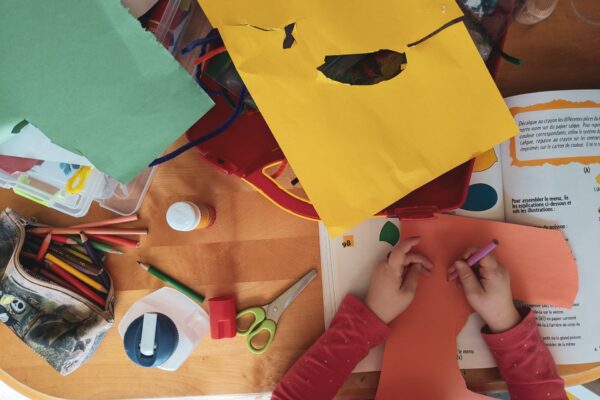6 Tips For a Win-Win Approach For Parents of Teens
1. Responsible teens feel good about themselves. Self-esteem does not just “happen” by making teens feel good or happy about themselves with a pep talk. It happens when you assert their independence and try to show their families and the world that they are their own persons. Teens develop this healthy self-concept through handling responsibility. Healthy teens can say to themselves, “I can take care of my life. Give teens tasks they can handle, then either they succeed or fail, they learn. There is no more valuable lesson than one we learned from our own experiences.
2. Responsibility is caught, not taught. It is not passed on by threats, lectures, or intimidation. Instead, responsibility and the self-esteem that goes along with it are passed on through covert messages that allow teens to build their character on their strengths. When we give teens opportunities to make decisions, and mistakes without telling them what to do, we provide them an opportunity to learn about real life. Wise parents, although they do not tell their teens how to solve their problems, are available to offer choices, and, suggest possible solutions. For children to make their own decisions they will sometimes have to assert independence by consciously choosing to fail. Paradoxically, then, parents who try to ensure their children’s success often raise unsuccessful children. To help our children gain responsibility we must offer them opportunities in which they may fail. Children will never learn how to listen to their inner muse if they do not have experiences to teach that inner muse. Our inner muse never learns from lectures, and threats. Do not be afraid to let your children fail, just be their for them to support them (without lecturing) in the learning process which comes from the failure.
3. Let teens own their own problems and solutions. Help teens through life by offering choices and sharing control in the process. Let teens own their own problems and solutions. Help teens learn how to make decisions. We do this in part by letting them own the responsibility-including the good feelings as well as the shortcomings-of those decisions, planting in their consciousness the idea, “The quality of my life depends on the decisions I make.” Reinforce who owns the problem by empathizing with your teen, not problem solving.
4. Gain control through choices. The most effective parents are those who thoughtfully surrender control they do not have anyway by offering choices to their teens. Remember that your teen will be out in the adult world a few short years from now, so share control. The more control you relinquish now, the more they gain now. That’s the same self-control they will use in establishing themselves as adults. When a control battle looms for you and your teen, ask yourself a few simple questions:
a. How much control do I absolutely need in this situation?
b. More important than that, do I need to fight a control battle at all? Can my teen learn a valuable lesion if I offer advise or options instead?
There are three basic rules for battles of control:
a. Avoid control battles whenever possible by sharing control and empathy.
b. If you are forced to have a control battle-on those very rare occasions when it can not be avoided-then win at all costs.
c. Pick the issue carefully and kindly without threats. Focus on what you can control (your response), not on what is out of your control (your child’s behavior).
5. When limits must be set, use thinking words, not fighting words. Stay away from “you” statements such as, “Son, you better get your homework done now.” Thinking words offer choices for teens to think about, while saying what the adult will do. For example, “I will drive you to your game as soon as your homework is done.” Notice the wise parent knows they can not really control if their teen does his homework, but she can control what she will do based on the teens actions. Thinking words can also be the parent’s own wonderings, “I am wondering if graduating from high school is not really important to you.” In fact, when done well, the parent can start mulling (out loud) about all the wonderful benefits of not graduating, and soon find the teen arguing for graduation and hard work.
6. Empathy plus consequences equals success. When young people get into trouble, many parents resort to the 3 R technique. No, not reading, writing, and ‘rithmatic. Rant, rave, and rescue. This 3 R technique is seen in the parent who lectures, or even yells, while trying to help the youth understand how foolish her decision was. Allow consequences to happen as logically as possible, then the youth can see the parent as supportive, instead of punishment.
These techniques and more are taught in my Becoming a Love and Logic Parent Classes. Love and Logic techniques are specifically suited to teens because they emphasize good communication and a consultant approach which fit well with the emerging independence of the typical teen. Call today to learn when a class will be available near you.
Source by Barbara Long
Article Source: EzineArticles.com










